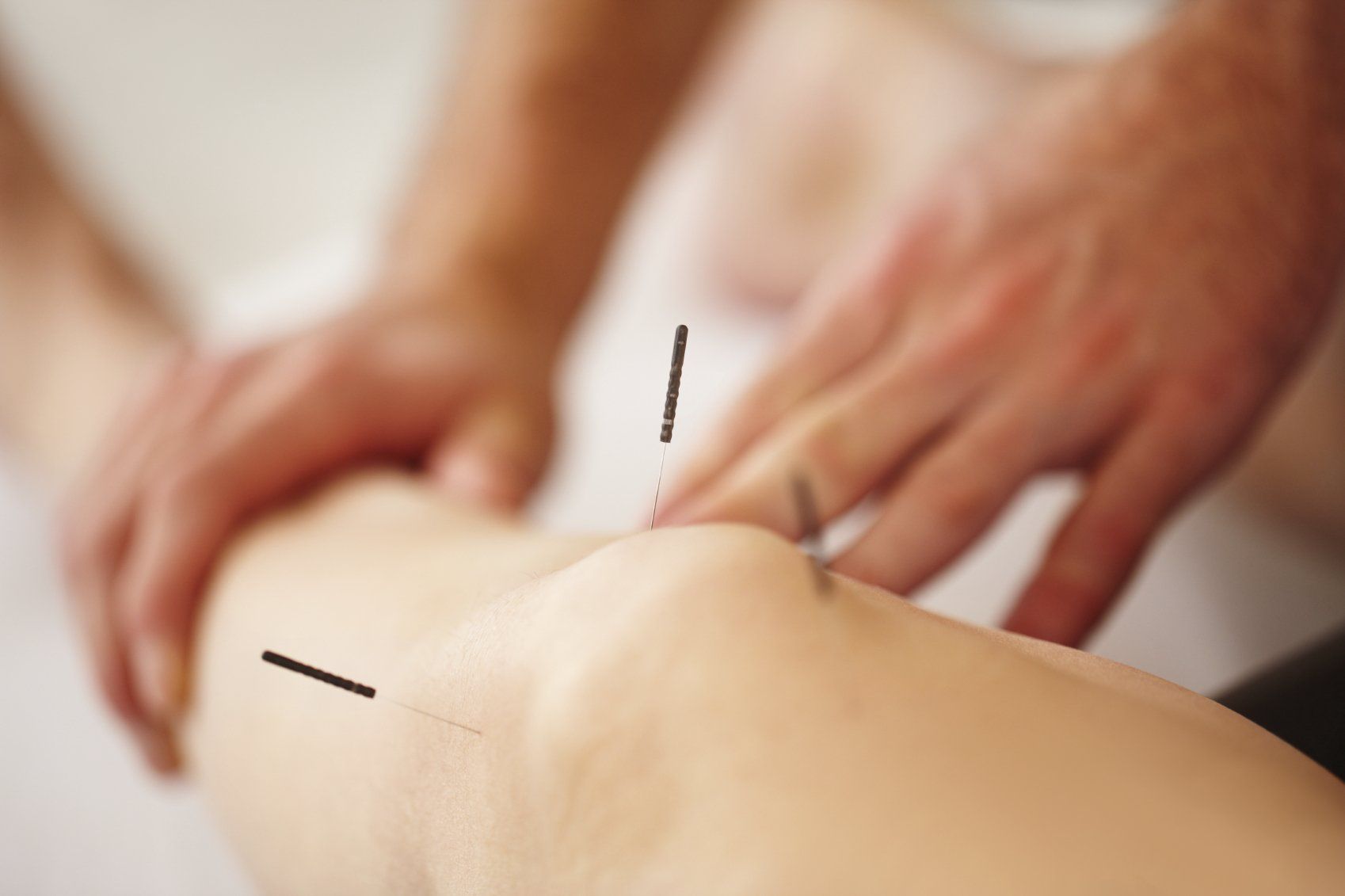Traditional Five Element Acupuncture
What is acupuncture and how can it help?
The traditional medicine of China has developed over the last 2,500 years into a unique and highly sophisticated system for understanding health and disease. A system of diagnosis has been developed which is based on detailed observation of the human body. The focus is on the individual as a whole, and not just on an illness, condition, or injury.
Acupuncture is based on the theory that we all have qi. Although this can sound a quite foreign and somewhat strange concept to the Western mind, in many respects what the Chinese meant by qi, in simple terms, is energy flow. The harmonious flow of that energy (or qi) is essential to physical, mental and emotional health. This harmony can easily become disrupted and imbalanced, by life, injury or illness.
Acupuncture can harmonise these imbalances. This is achieved by inserting fine, sterile, single use needles into specific acupuncture points; many of these acupuncture points being located along channels, or meridians. In recent years, it has been discovered by medical scientists that myofascial pathways follow those taken by meridians, and the developing knowledge of cell communication within the body may have parallels with the concept of qi.
The focus of acupuncture is on stimulating the body's own healing responses, tackling the root cause of the problem, and improving the overall well-being of the patient.
Are there different types of acupuncture?
Acupuncture has evolved into various different styles, and used in properly trained hands, each can be effective. Our acupuncturists practice the Five Element style of traditional acupuncture as they feel the theoretical framework on which it is based is an excellent way to stimulate the body to a healing response and restore the body’s natural balance.
Who has acupuncture?
People of all ages come for help with a very wide range of issues, for example but not limited to, muscular aches and pains, sciatica, low back pain, arthritis, painful periods, stress, insomnia, anxiety and depression, migraines and headaches, menopausal symptoms, all kinds of digestive issues, urinary disorders, skin disorders, general pain relief, or to receive help with conception or whilst undergoing IVF. It can be very effective when integrated with conventional medicine.
Others choose acupuncture when their bodily functions are out of balance, and they have no obvious Western medical diagnosis. Some pregnant women have acupuncture throughout pregnancy. Treatment is designed to help a patient’s whole being as well as the symptoms, so a number of issues may resolve through treatment, and there may be an increased feeling of well-being. Many people come for acupuncture just to enhance and maintain that feeling.
Further information about your practitioners:
BAcC-registered acupuncturists have normally completed a 3,600 hour degree-level training course, in line with the recommendations of the World Health Organisation. They are trained in relevant aspects of Western medicine including anatomy, physiology, pharmacology and pathology. This enables the properly trained and qualified professional acupuncturist to recognise when it is in the patient's best interest to be referred on for specialist care in other areas.
Frequently asked questions:
What does it feel like?
As the needles used are very fine, many people hardly notice them. It is normal however, to feel a momentary sensation following needling, sometimes a mild tingle, numbness or a dull ache. Many patients report they feel pleasantly relaxed during treatment.
Is it safe?
When practised by properly trained and qualified acupuncturists, the risk of adverse events from acupuncture is extremely low.
Further information
The British Acupuncture Council website has a wealth of information regarding acupuncture, including the latest acupuncture research.

